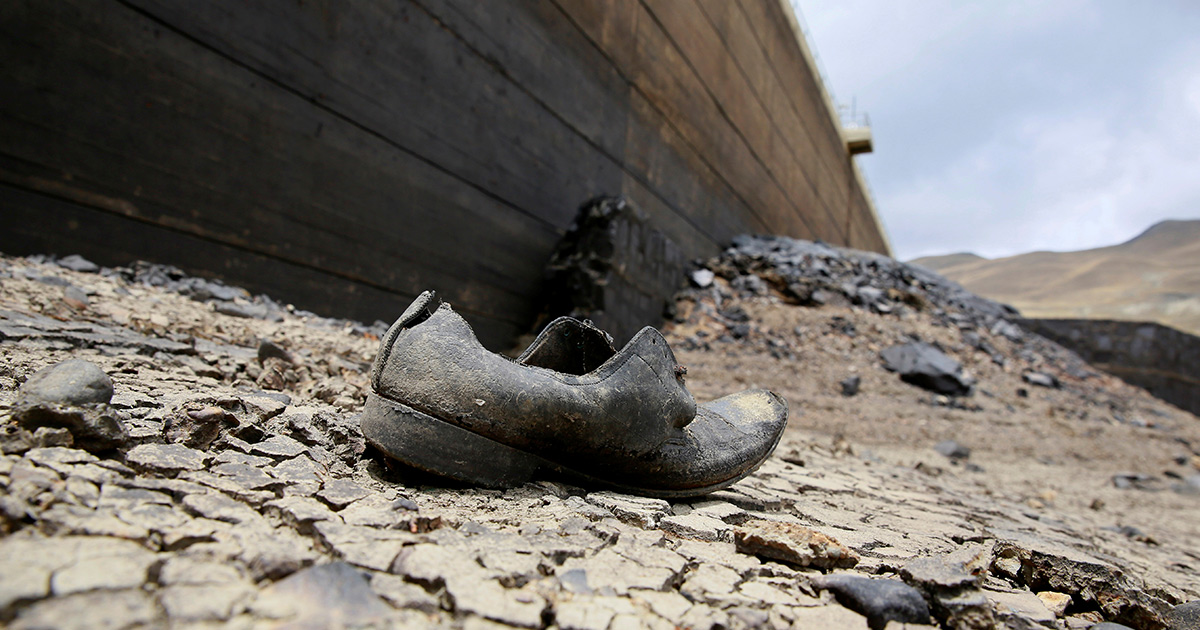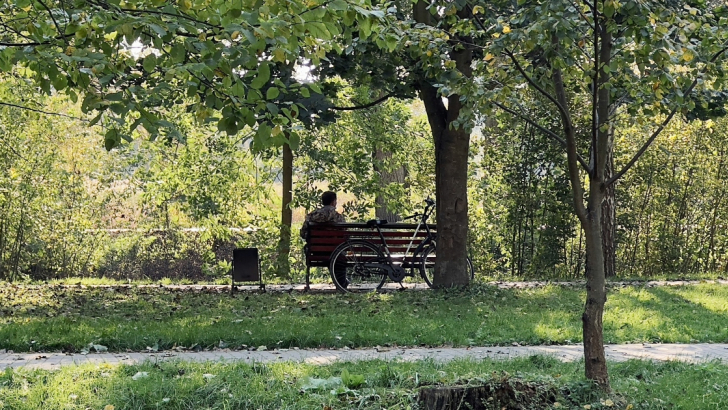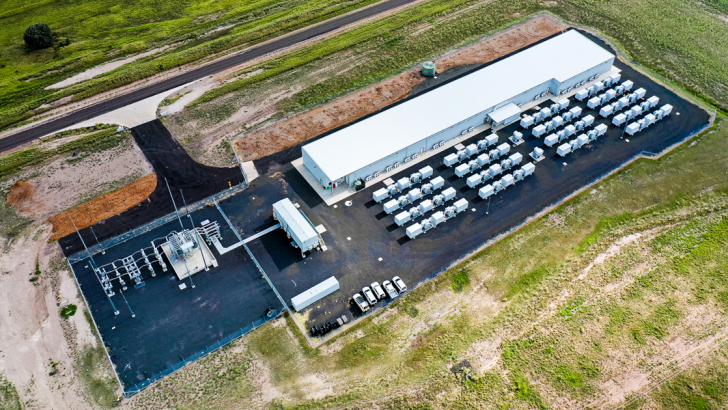IPCC: Impacts of climate change are not equal for everyone

One of the consequences of the aggressive war waged by Russian president Putin against Ukraine is that the energy supply of nations will no longer be exclusively guided by decarbonization principles. Energy has become – or returner to being – a matter of national security rather than just an environmental issue. This means that the goals of climate neutrality risk plummeting to the bottom of the list of national and international priorities. Clearly, this may also be the best opportunity to accelerate the energy transition towards sustainable and renewable energy sources. However, as announced by the Prime Minister Mario Draghi in a parliamentary briefing, Italy will revert to using coal-fired power plants, at least in the short term.
The battle against the climate crisis will have no winners unless everyone fights it together. The defeat will bring significant disparities, as the less affluent areas of the planet will pay (are already paying) the highest toll, as happens in any war.
PRESS RELEASE | 28 Feb 2022#Climatechange: a threat to human wellbeing and health of the planet.
— IPCC (@IPCC_CH) February 28, 2022
Taking action now can secure our future
The #IPCC released its latest #ClimateReport today.
PR ➡️ https://t.co/ISBRVbv9UM
Read the report ➡️ https://t.co/ABoUKGqREU pic.twitter.com/F6ZMeATNtr
To reiterate this point clearly, the latest IPCC report (Intergovernmental Panel on Climate Change), published on February 28, 2022, quantifies the impacts of climate change and assesses the vulnerability and adaptation capacity of natural systems and human societies (“Impacts, Adaptation and Vulnerability”). The document, approved by the 195 government representatives that are part of the Institution founded by the United Nations, World Meteorological Organization, and the UN Environment Programme in 1988, is the second part of the Sixth Assessment Report (AR6). The first one was released in August 2021 and focused on the most up-to-date available knowledge on the state of the Earth’s climate, while the third one will be published in April 2022 and will assess the strategies for reducing greenhouse gas emissions.
“This report is a desperate warning about the consequences of inaction,” declared Hoesung Lee, IPCC coordinator. “It shows that climate change is a serious and growing threat to our wellbeing and the health of our planet. Our actions today are going to determine how people and nature will adapt and respond to increasing climate risks.”
Some of the damages are already impossible to reverse, such as ice melting, sea level rise, ocean acidification. However, every tenth of degree above the 1.5°C threshold set by the Paris Agreements in 2015 will lead to further severe impacts on ecosystems and societies, infrastructures, and coastal settlements.
Extreme weather events like heatwaves, droughts, and floods are occurring with increasing intensity and frequency compared to the past, causing mass destructions to numerous species, such as trees and corals. Moreover, millions of people are now exposed to severe water and food shortages, especially in Africa, Asia, Central and South America, small islands, and the Arctic.
“Coal and other fossil fuels are choking humanity" - @UN SG @antonioguterres addressed the press conference to launch #IPCC’s latest #ClimateReport , #ClimateChange 2022: Impacts, Adaptation & Vulnerability. pic.twitter.com/JSSNxLQ8Nb
— IPCC (@IPCC_CH) February 28, 2022
“The report highlights the interdependence between climate, biodiversity, and human societies, including natural, social, and economic sciences with much more clarity than ever before,” Hoesung Lee continues. “And it underscores the urgency of immediate and ambitious actions to tackle climate risks. Halfway measures are no longer an option.”
A drastic reduction of greenhouse gas emissions is required, as the progress made so far in mitigation measures is insufficient. Additionally, the gap between the actions already in place and what should be done is widening, the report emphasises, especially concerning adaptation measures in low-income regions.
Solutions are available, and they must focus on safeguarding the health of ecosystems and ecosystem services, such as food and clean water, emphasises Hans-Otto Pörtner, co-coordinator of the Second Working Group that edited the latest IPCC report. “By restoring degraded ecosystems and conserving 30 to 50% of the planet’s lands and waters, societies will benefit from nature’s ability to absorb and store carbon, thus accelerating progress towards sustainable development, provided there is adequate political and financial support.”
Unsustainable exploitation of resources, increasing urbanization, social inequalities are all trends that need to be reversed, scientists emphasise. Cities, in fact, are particularly vulnerable to climate change, but they are also a central part of the solution to the problem.
“Growing urbanization combined with climate change generates complex risks, especially in those cities with poorly designed urban growth plans, high levels of poverty and unemployment, and a lack of basic services,” explains Debra Roberts, co-coordinator of IPCC Second Working Group. “Cities, however, also provide opportunities for climate action, from low-emission buildings to the provisioning of clean water, renewable energy, and sustainable transportation.”
The report also warns of another aspect of the climate crisis: evidence is accumulating that mitigation and adaptation measures may involuntarily cause damages to nature and people if they are not well-designed. This outcome can be avoided if everyone is involved, including indigenous peoples living in areas more or less directly vulnerable to climate change, in the planning phase, paying attention to equity and climate justice.
It is crucial that solutions are calibrated on a local and regional scale, a level of detail that the new AR6 report provides, and which Il Bo Live will cover with dedicated insights.
This article was translated into English by Sofia Belardinelli. The original version of this article is available here.
ALSO READ:
- IPCC: Nearly direct correlation between emissions and global warming
- IPCC: Impacts of climate change are not equal for everyone
- IPCC: The impacts of climate change on Africa
- IPCC: The impacts of climate change on Europe
- IPCC: The impact of climate change on small islands
- IPCC: The impacts of climate change on Asia
- IPCC: The impacts of climate change on Oceania
- IPCC: The impacts of climate change on Central and South America
- IPCC: The impacts of climate change on North America
- IPCC: The impacts of climate change on human settlements
- IPCC Synthesis Report: every fraction of a degree matters









